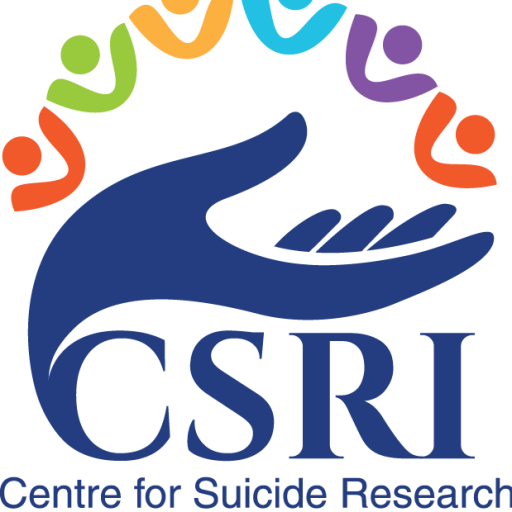How to Build Support Systems for Overcoming Self-Harm
Self-harm is a complex issue that affects individuals from all walks of life, regardless of age, gender, or background. While it can feel overwhelming and isolating, it’s essential to recognize that support systems play a crucial role in recovery. In this guide, we’ll explore the importance of support systems for overcoming self-harm and provide practical strategies for building and utilizing them effectively.
Support Systems:
Support systems are vital for individuals struggling with self-harm as they offer understanding, encouragement, and resources for coping and healing. These systems can include friends, family members, mental health professionals, support groups, and online communities. Here’s how each component contributes to the journey towards recovery:
Friends and Family Members:
Friends and family members can provide emotional support, validation, and a listening ear during difficult times. They can offer reassurance, help with problem-solving, and encourage seeking professional help when needed. Open and honest communication is key to fostering understanding and empathy within these relationships.
Mental Health Professionals:
Seeking support from mental health professionals, such as therapists, counselors, or psychologists, can provide specialized care and guidance tailored to individual needs. These professionals can help explore underlying issues contributing to self-harm, develop coping strategies, and facilitate the healing process through therapy sessions.
Support Groups:
Joining support groups for individuals struggling with self-harm can offer a sense of belonging and solidarity. These groups provide a safe space to share experiences, gain insights, and receive encouragement from others who understand firsthand what it’s like to cope with self-harm. Online support groups can also be valuable for those who prefer anonymity or have limited access to in-person meetings. At CSRI, we have support groups that start every month, click this link to join.
Hotlines and Helplines:
Crisis hotlines and helplines provide immediate support and assistance to individuals experiencing distress or contemplating self-harm. Trained counselors offer confidential guidance and resources over the phone or through online chat services.
Online Communities:
Online forums, chat rooms, and social media groups provide platforms for individuals to connect with others who understand their experiences with self-harm. These communities offer a sense of belonging, support, and empathy.

